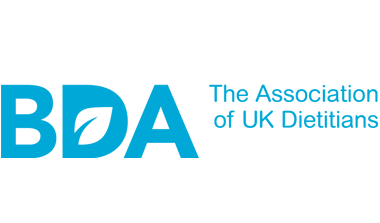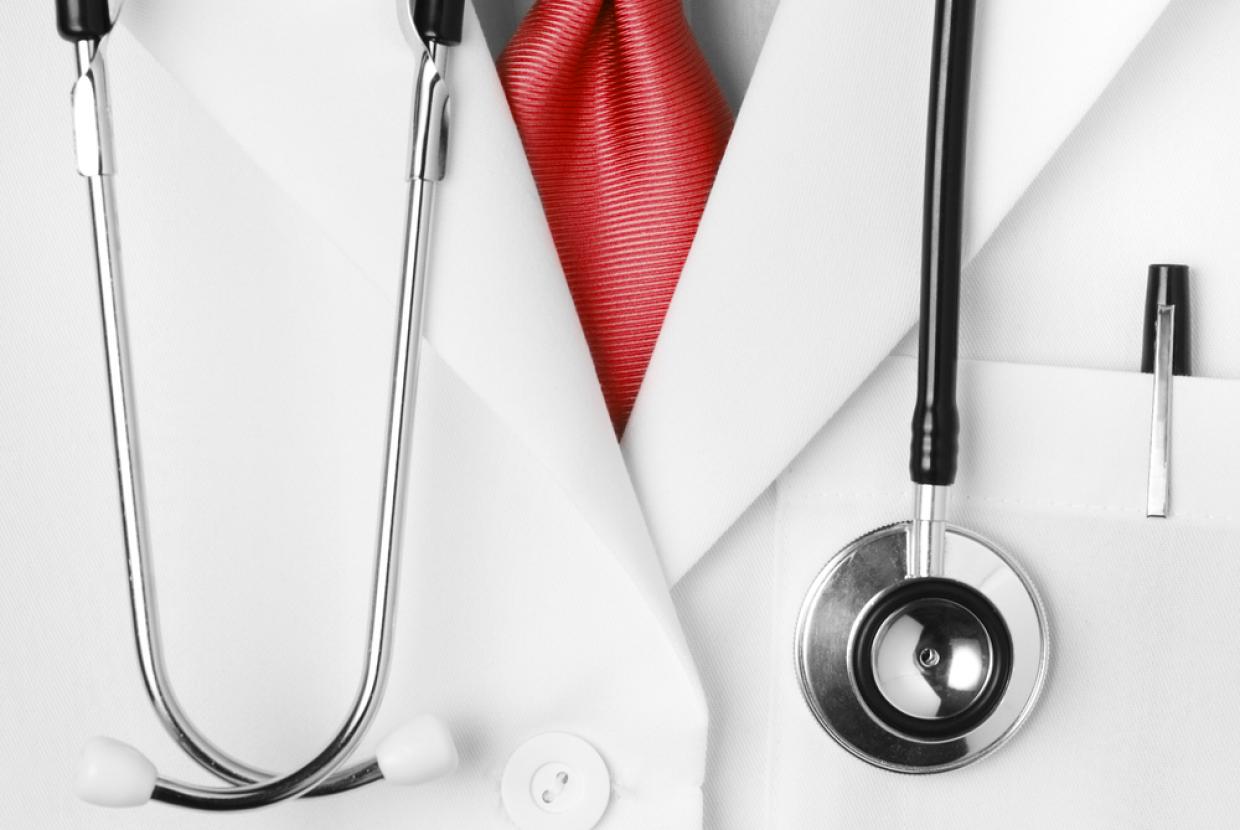Menopause & Diet
Women's Health / Healthy DietThe menopause is the time when periods stop. It is defined as occurring 12 months after the last menstrual period and usually happens between the ages of 45-55. The period leading up to the menopause is called the perimenopause, this is usually what women mean what they talk about ‘going through’ the menopause.
What happens during the menopause?
During the perimenopause your body can change in different ways. As oestrogen levels fall, your periods may become irregular and/or heavy and you may lose your fertility. You may notice other physical changes including higher blood pressure, changes in cholesterol levels (increasing risk of heart disease), and losing calcium from your bones (raising the risk of osteoporosis).
Other symptoms of the perimenopause can include weight gain, hot flushes, night sweats, irritability, poor concentration, more frequent headaches, and joint pains. These symptoms are mainly due to falling oestrogen levels, and can last for just a few months or for several years. The range of symptoms and how severe they are, is different for each woman.
What can I do?
A range of lifestyle changes can make symptoms more tolerable. Hormone replacement therapy (HRT) can be used by many women to help control these symptoms, however some women cannot take HRT due to other health problems, whilst others choose not to. The decision to take HRT or not should be discussed with your doctor. For all women, diet and lifestyle changes can help with symptoms. This can include taking dietary supplement products.
Weight gain
During the menopause, muscle mass reduces which means that you may need fewer calories. Over time this can lead to weight gain. Being careful about how many calories you consume, your portion sizes and doing more physical activity can help prevent weight gain. Resistance activities, such as using weights, are especially important to both preserve and build muscle mass. Thirty minutes of fast walking a day could lead to around 7kg (15lb) weight loss in a year, and also reduce the risk of heart disease.
Bone health
From the age of about 35, we slowly lose calcium from our bones. Losing oestrogen during menopause increases the rate of loss, which can increase the risk of osteoporosis.
Taking HRT helps to maintain oestrogen levels and protect bone health. There are also lots of nutrients that help to keep bones healthy, so it’s important to have a balanced diet. Choose a variety of foods and consume plenty of fruit, vegetables and dairy foods as these are a source of calcium. Aim for two to three portions of calcium-rich foods every day which can include:
- a third of a pint/200ml semi skimmed milk,
- a matchbox size piece of cheese,
- a small yoghurt or
- a milk-based pudding like custard or rice pudding.
Vitamin D is also very important for bone health. Your skin makes it in response to sunlight, but in the UK this can only happen between April to September. During this time, it’s recommended you expose your skin to direct sunlight for around ten minutes, once or twice per day, but avoid burning. All adults should consider taking a daily supplement containing ten micrograms of vitamin D, especially during autumn and winter. Women over the age of 65, those with dark skin, from African, African-Caribbean and South Asian backgrounds or who have low sunlight exposure should also consider taking a vitamin D supplement of ten mcg per day all year round. There are not many foods that are good sources of vitamin D.
Foods that contain vitamin D include:
- oily fish, some mushrooms (Vit D marked on packaging, red meat, fortified plant beverages (e.g. soya or oat drinks), fortified breakfast cereals and eggs.
Heart health
Menopause can increase your risk of developing heart disease. Eating a heart healthy diet can help to lower cholesterol levels and blood pressure, here are some very simple lifestyle changes you can make to reduce the risk:
- Switch from saturated to unsaturated fats by cutting down on fatty meats, switching to low saturate oils and spreads, choosing lower fat dairy and grilling rather than frying your food.
- Include meals based on fish, nuts, beans or pulses at least once or twice each week.
- Eat at least four to five portions of unsalted nuts, seeds and legumes per week.
- Reduce your intake of refined sugars like sweets, cakes and soft drinks.
- Reduce salt by avoiding processed foods like ready meals, soups and cooking sauces, and limiting salted snacks. Cooking from scratch means you can use different ingredients for flavour such as herbs and spices.
- Aim for at least two portions of fish per week, one which should be oily as these are rich in omega-3 fats. Oily fish includes canned sardines, mackerel, salmon, trout and herrings.
- Fruit and vegetables provide vitamins, minerals, fibre and other plant nutrients such as antioxidants that help protect your heart. Aim to get your 5-a-day from a range of different coloured fruits and vegetables every day. ALL types can count (fresh, frozen, canned, dried or juiced).
- Swap to higher fibre foods, such as wholegrain breads, high fibre breakfast cereals and brown rice whenever you can. Oats, wholegrain cereals and breads as well as pulses like lentils, chickpeas and beans are all excellent sources of fibre and heart friendly.
What about plant oestrogens?
Plant oestrogens (also called phytoestrogens) are very similar to human oestrogen. If eaten regularly, and in sufficient quantities, they can start to have mild oestrogen-like effects – which is useful as oestrogen levels decline.
For some women these effects could be sufficient to help relieve menopausal symptoms, particularly hot flushes. It is worth knowing that:
- it can take two to three months for benefits of plant oestrogens to be seen
- they seem to work better for some women than others which might be down to differences in gut bacteria
- consuming plant oestrogens several times a day appears to be more effective compared to one larger dose
- foods containing plant oestrogens (such as soya and linseeds) are also heart friendly so it’s worth trying to include calcium-enriched soya products like milk, yoghurts, soya and linseed bread or edamame beans two to three times each day before opting for supplements.
Caffeine and alcohol
Both caffeine and alcohol can make hot flushes worse so try to moderate intake of caffeine from drinks like coffee, tea and colas or choose decaffeinated drinks if you are sensitive to its stimulatory effects. Keep to sensible alcohol limits – no more than two to three units per day, avoid altogether if you feel it makes symptoms worse.
A lifestyle approach to the menopause
- Changing lifestyle may help to reduce menopausal symptoms, keep bone density and reduce risk of heart disease
- Eat a heart healthy diet, including at least five portions of different coloured fruit and vegetables, plenty of fibre rich cereal foods, and more fish, nuts (unsalted), peas and beans
- Aim for two to three portions of calcium-rich foods every day
- Reduce caffeine and alcohol intakes to help manage hot flushes
- Maintain or take steps to achieve a healthy body weight
- Take regular moderate exercise, especially weight bearing activity and include some muscle strengthening exercises on two or more days each week
- If you think you might want to take nutritional supplements, get some advice from your dietitian, doctor or pharmacist, especially if you are taking regular medications
























































































































